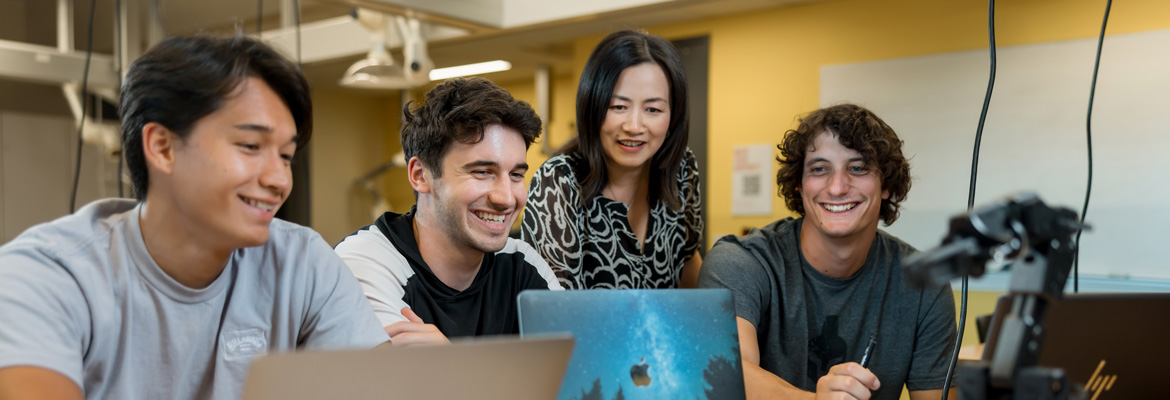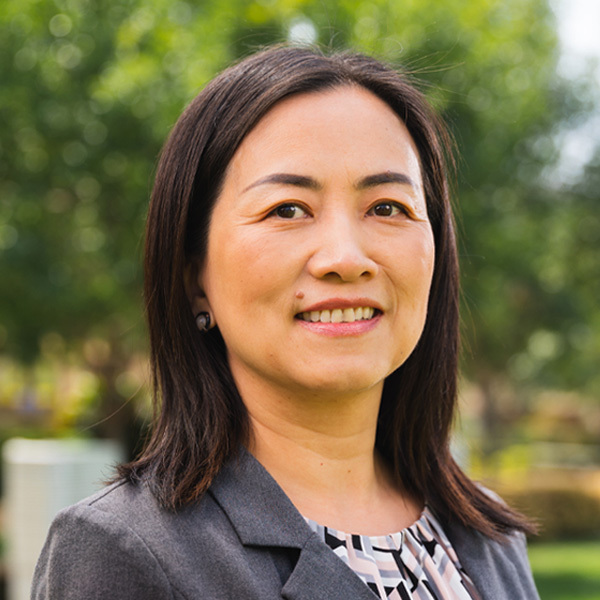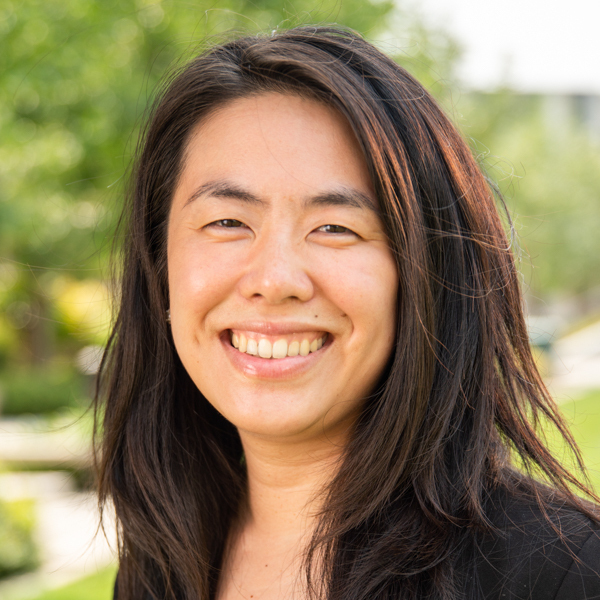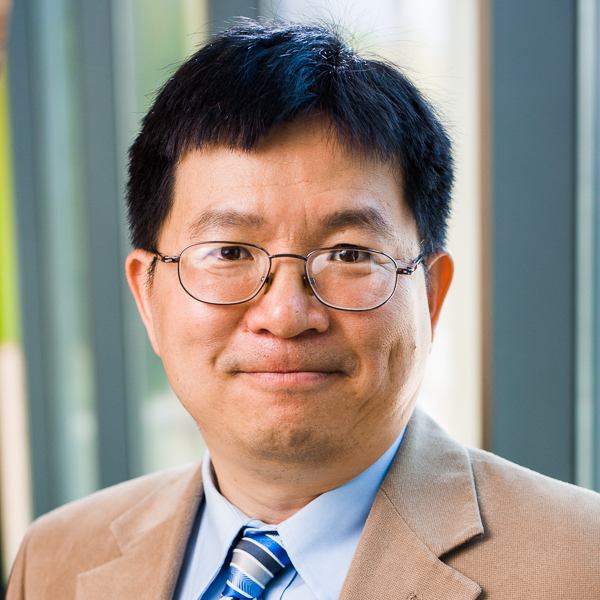Bachelor of Science in Engineering
The B.S. in Engineering degree program equips students to apply fundamental engineering concepts towards innovative, practical and sustainable solutions to real-world problems. Engineering students will learn foundational engineering coursework and build portfolio-ready projects. During the latter half of the program, students will customize their learning path as they complete a variety of advanced engineering, computer science and other STEM courses that fit their interests and career goals.
Throughout their studies, students preparing for work as professional engineers will be exposed to important concepts related, but not limited to:
- Solid mechanics
- Materials science
- Circuits and instrumentation
- Computer aided design (CAD)
- Engineering design process
Biola University’s B.S. in Engineering program provides an interdisciplinary, hands-on approach to engineering design that will impact greater society. As you acquire engineering knowledge and apply it, you will:
- Choose the path to your future. Learn fundamental mechanical and electrical engineering concepts and customize your degree path through elective and capstone courses. Take elective courses in robotics, electrical engineering, mechanical engineering, and environmental engineering.
- Be prepared to begin a fulfilling career in engineering. This program is designed to set you up for professional success as you study industry-reviewed curriculum and create portfolio-ready projects with guidance from Biola’s exceptional faculty.
- Explore God-centered design for sustainability and human flourishing through a biblically integrated curriculum. A unique set of Bible courses woven into the program explores the ways our Creator values design and brings even greater meaning to your studies, engineering practice, and the work you accomplish beyond the classroom.
- Move beyond typical engineering degrees and become equipped in mind and character as you are holistically trained in highly valuable leadership and collaboration skills. In the current job market, engineering employers are increasingly making hiring decisions based on skills related to project management, communication, teamwork, and character, in addition to engineering knowledge.
- Well-equipped laboratories at the Lim Center offer state-of-the-art instrumentations, hands-on experience and opportunities to put your learning into action.
- Be mentored by expert faculty who integrate their Christian faith into their lives as researchers, teachers and ministers in local or global communities. Students have opportunities to be involved in directed research with faculty, participate in presentations at various conferences and co-author peer-reviewed journal articles. Learn more about our faculty and student research.



